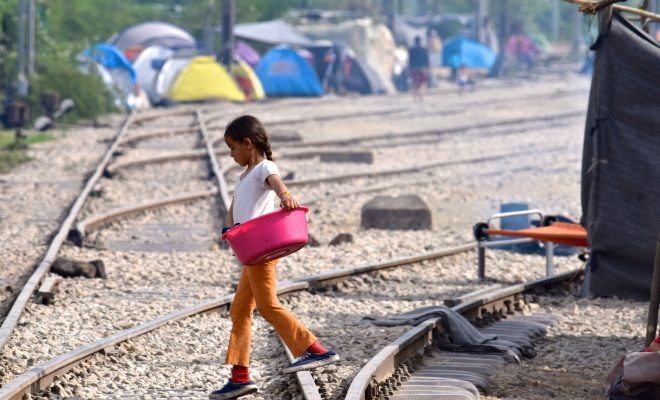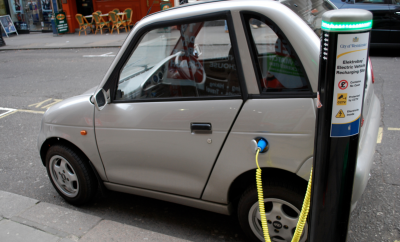 "Idomeni" Courtesy of [Mario Fornasari via Flickr]
"Idomeni" Courtesy of [Mario Fornasari via Flickr]
World
From Camp to Camp: Thousands of Migrants in Greece Evacuated
As the buses left the camp, the passengers were met with conflicting farewells: onlookers gently waved and blew them kisses; an olive green tarp on the side of the road read, in white spray paint, “Europe doesn’t care if you suffer.”
The buses–packed with refugees from Syria, Iraq, and elsewhere in the Middle East and North Africa–were headed south from Idomeni, Greece, on the Macedonian border, where a camp that housed thousands of the refugees for months was being evacuated, per directions from the Greek government. The operation to clear all 8,400 people started on Tuesday and is expected to last for up to ten days, government officials said.
The migrants will be bused about 60 miles south, to a collection of camps near Thessaloniki, a city on the Aegean Sea. While journalists were barred from Idomeni, the international aid agency Doctors Without Borders and Moving Europe, an organization that documents the migrant route through the Balkans, have been reporting deplorable conditions in what are to be the migrants’ new homes: cramped, ripped turquoise tents on dirt, leaky water splotches on the ground though no water to drink.
In a statement responding to the evacuation, Melanie Ward, Associate Director of Policy and Advocacy at the International Rescue Committee said:
What is happening signals the start of the establishment of medium to long-term camps on European soil. This poses the question: how long do we expect people–so many of whom have fled war and conflict–to be living in tents in refugee camps in Greece?
Over a million refugees have landed in Europe from the Middle East and Africa–most displaced by civil war and terrorism–since the migrant flood intensified in 2015. With its strong economy and relatively welcoming resettlement policy, Germany is the preferred destination for many families. And though Greece is a necessary checkpoint along the the popular route through Turkey, the Aegean and the Balkans, it is rarely identified as a permanent residence for the refugees.
The Idomeni camp–with its small tents strewn about muddy dirt plains and along train tracks that run north from Macedonia through Greece in the south–became bloated with refugees when Macedonia closed its borders in March. On Tuesday, bulldozers razed the camp as the refugees–40 percent of whom are women and children–were evacuated. For now, according to Greek officials, the new reception centers have a capacity of 6,000, a number that should rise as new sites are established.








Comments